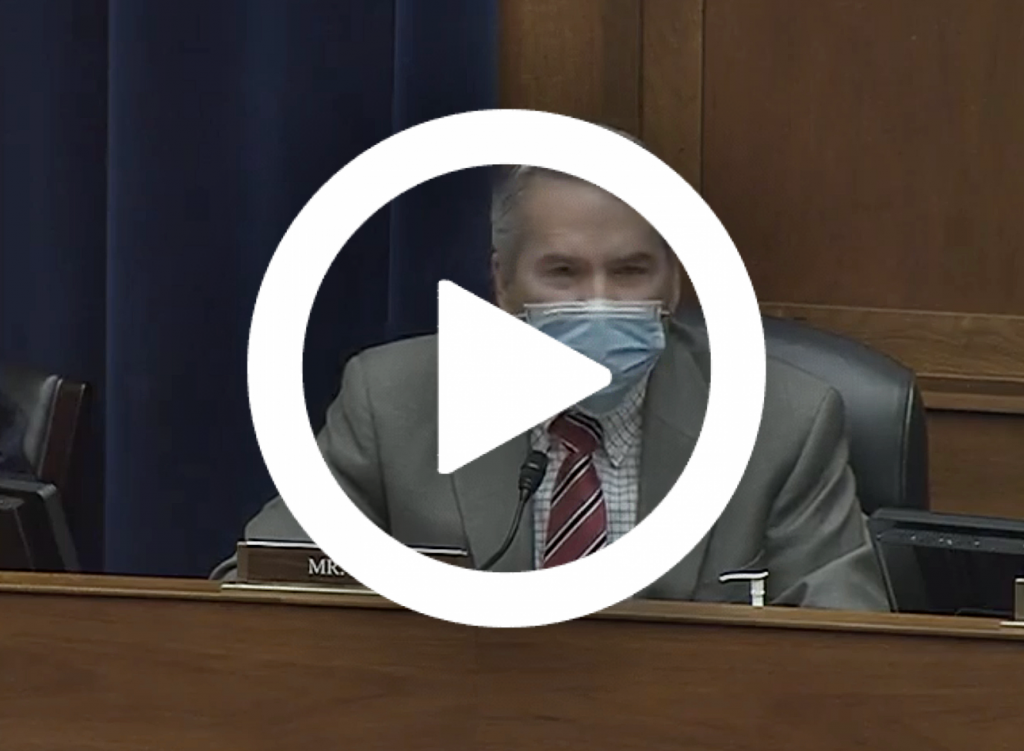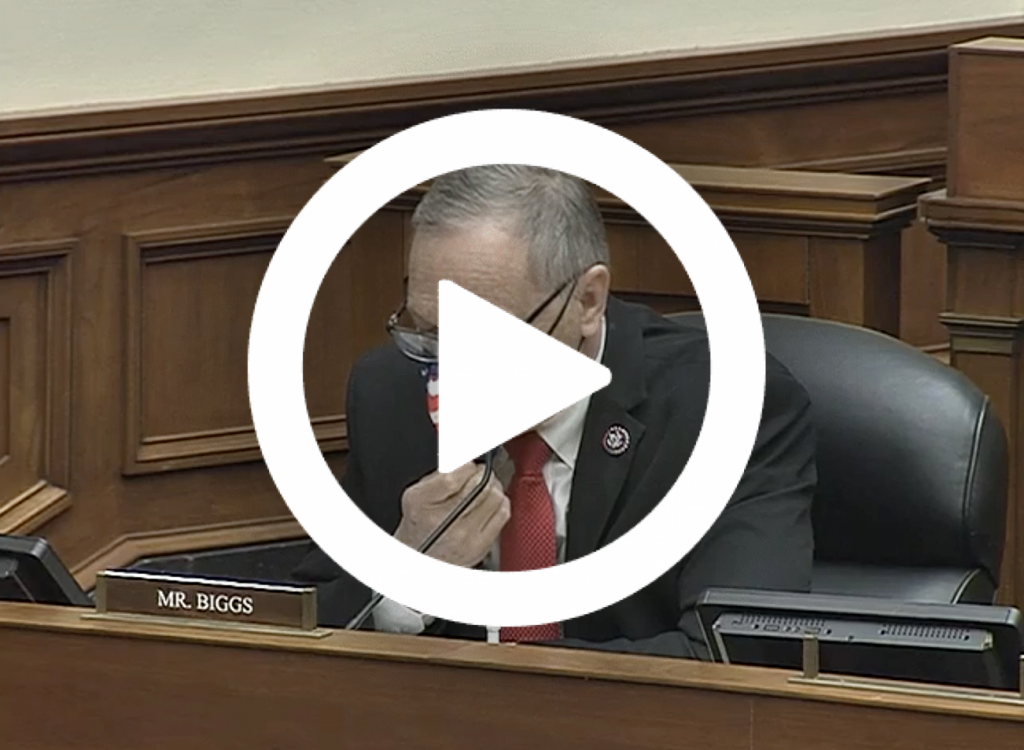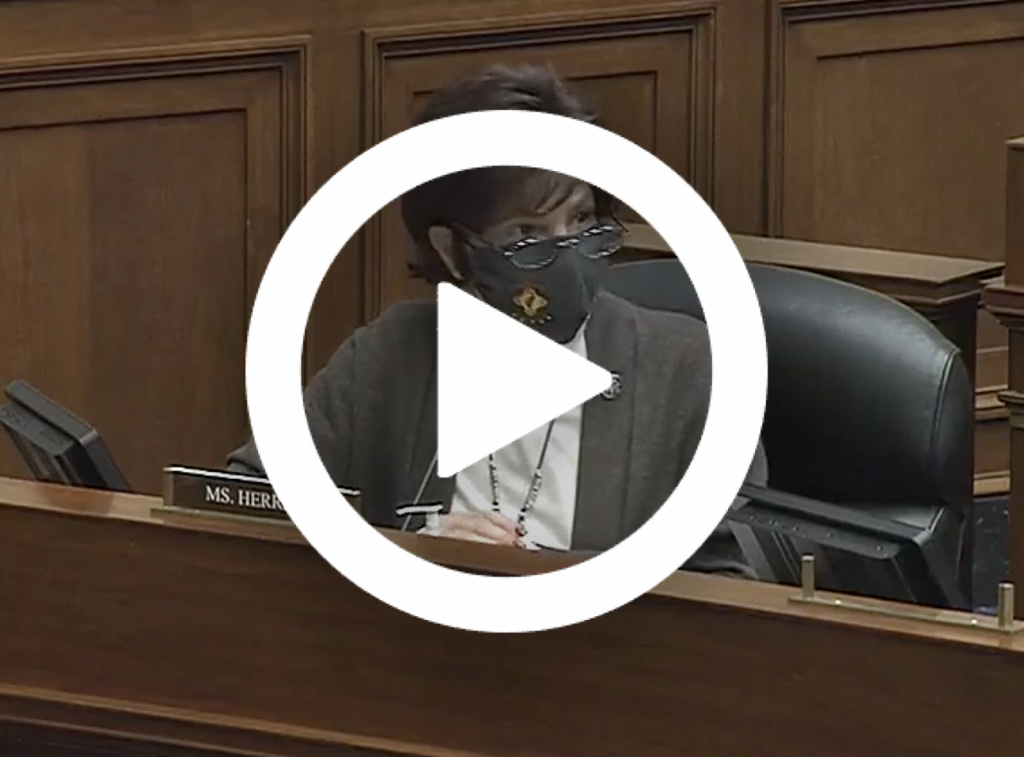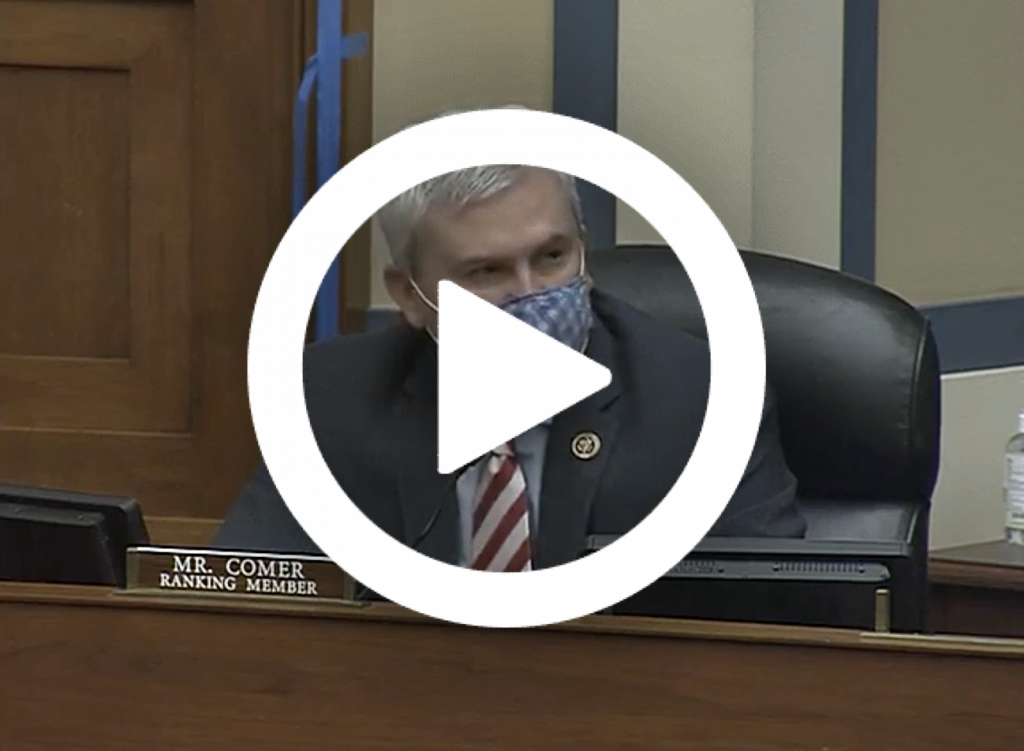Federal Workforce Hearing Wrap Up: Republicans Advocate for Effective, Efficient, and Merit-Based System
WASHINGTON—The Subcommittee on Government Operations today held a hearing on reforming the federal workforce. At the hearing, Republicans continued to advocate for making the federal workforce more efficient, effective, and accountable to the American people. Republicans also discussed President Trump’s successful efforts to implement meaningful change and improve morale across the federal workforce. Republican members emphasized the need for a merit-based system to address federal managers’ inability to hire or promote good workers and remove or discipline poor performers.
Subcommittee Ranking Member Jody Hice (R-Ga.) opened the hearing complimenting the Trump Administration for its commitment to genuine reforms in the federal bureaucracy. He said, “According to the Federal Employee Viewpoint survey—the most reliable and cited source for data about job satisfaction in the federal government—job satisfaction rose during the Trump Administration. Let me put that another way: Federal employees were happier under Donald Trump than they were Barack Obama. So clearly, they didn’t view the Trump Administration as dismantling of the federal workforce. In fact, it was just the opposite. They finally saw somebody taking action to deal with the real issues they have to live with every day at work. They saw action to deal with the problem of poor performers—an area that consistently ranks as one of the lowest areas on the federal survey.”
Rep. Andy Biggs (R-Ariz.) advocated for new ways to improve the federal workforce saying, “It greatly alarms me that Washington, D.C. bureaucrats have enormous authority over so many issues that could be much better handled in state capitals. But, unfortunately, we won’t be able to simply slash the size of the Washington bureaucracy any time soon, so we need to continue to think of ways to at the very least improve the apparatus we have already created.”
Rep. Yvette Harrell (R-N.M.) asked about meaningful government workforce reform. Sherk felt the biggest problem to address is “the complete failure of the performance manager system.” He added, “Federal employees are frustrated. The fed scores show that again and again and again…It’s simply too hard to remove a bad employee and not just that, you also don’t have a good system in place to recognize good employees . . . The entire performance evaluation process is just being corrupted.”
Ranking Member James Comer (R-Ky.) outlined several concerning issues in “delivering a merit-based federal workforce to the American taxpayer.” He asked if limitations on federal managers’ rights to discipline poor performers influenced the poor reviews from federal employees about a merit-based system.
Sherk responded saying, “The short answer is: Yes. And, decades of study back up that conclusion . . . Most federal supervisors don’t believe that it’s worth the time and the effort to remove a poor performer. It might not succeed and most of them won’t even try. We’ve seen that for decades. If you want to rate people on performance, pay on performance, and promote on performance, you need a system where managers can accurately rate people on performance and if you’ve got a poor performer, get rid of them. And, that is not the system we have now, unfortunately.”
Ranking Member Comer also sought to correct the record that issues in the federal workplace have been a longtime problem, and contrary to Democrats’ baseless assertions, are not due to the Trump Administration, which in fact improved morale for federal workers. Comer said, “There’s nothing worse for a good government employee than to have to work beside a bad government employee . . . And, there’s really often times no incentive for that good employee to continue doing good work, above and beyond . . . I hope we can move forward some day and agree on reforms that will not only benefit the morale of the federal workforce but also benefit the American taxpayer with creating a system where the best government employees can be rewarded accordingly and the ones that are poor performers can be terminated.”



